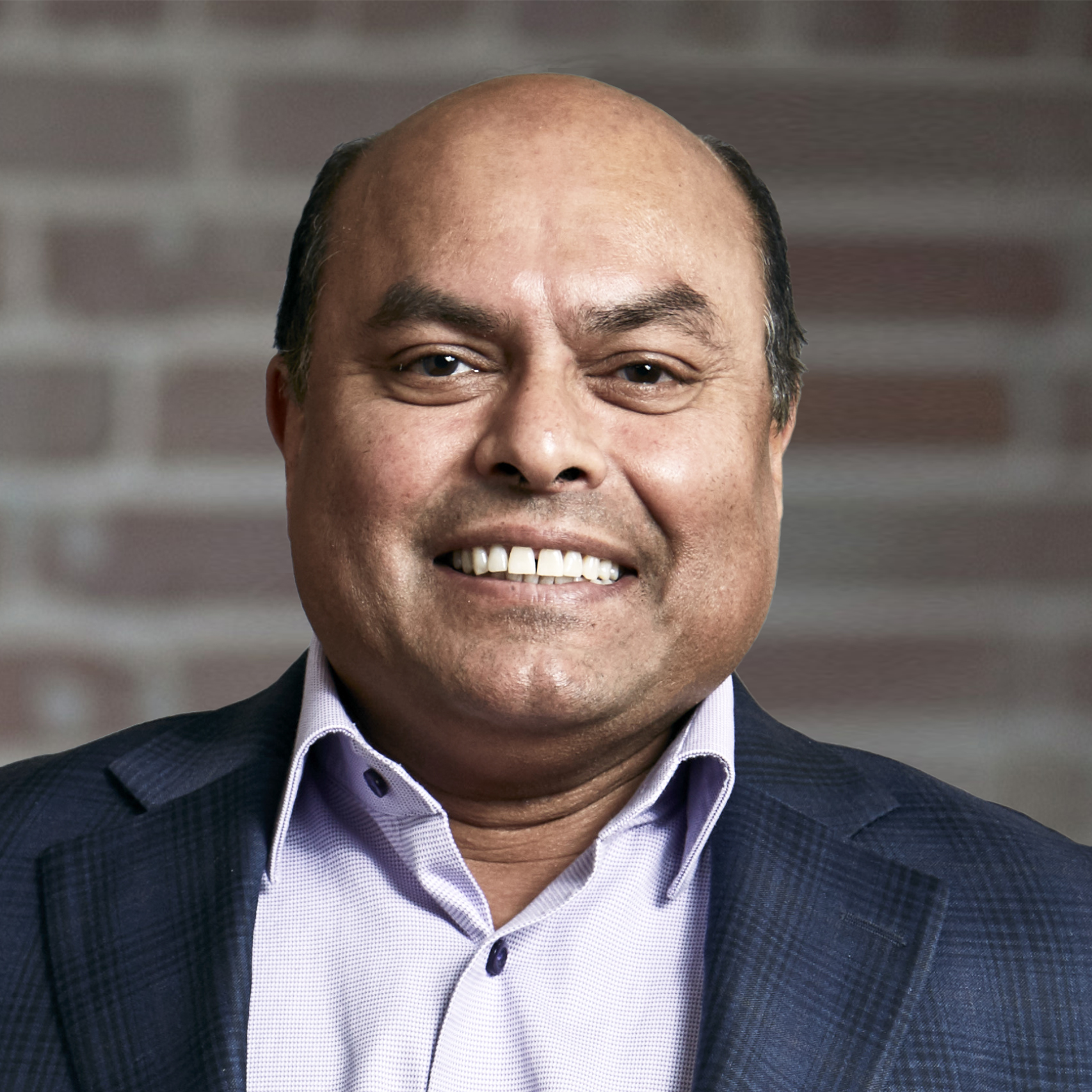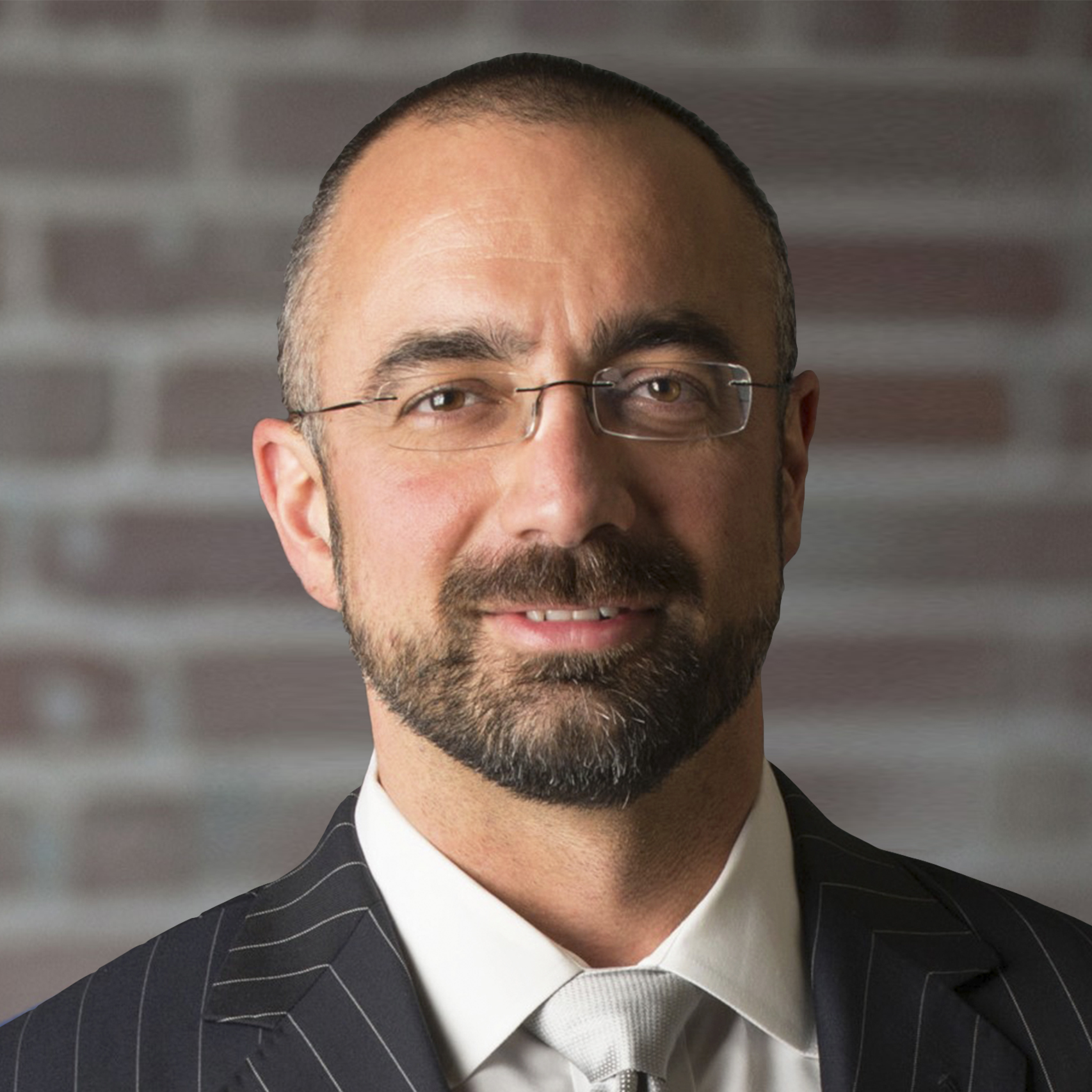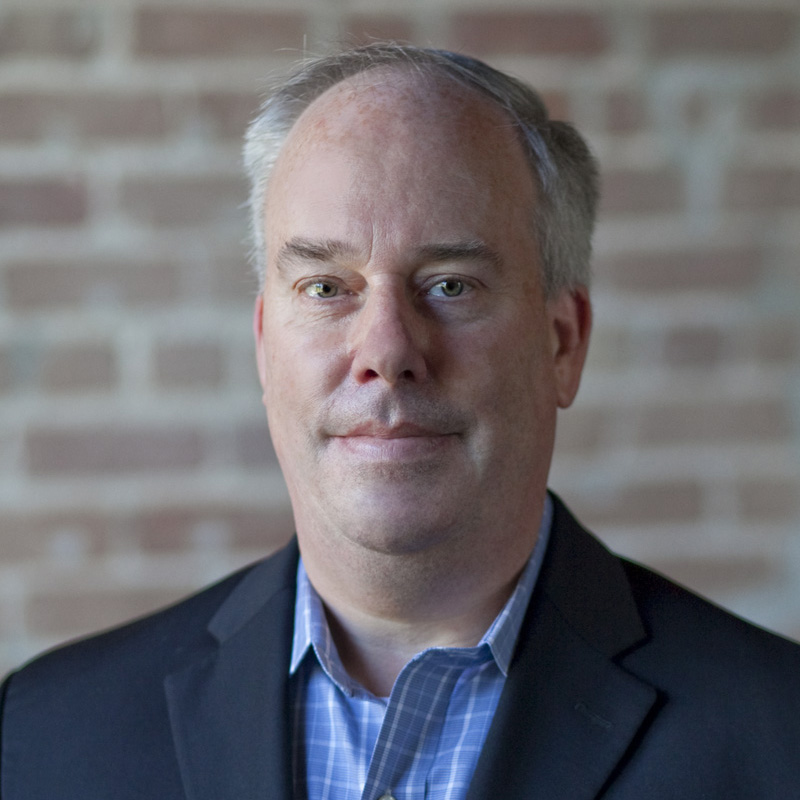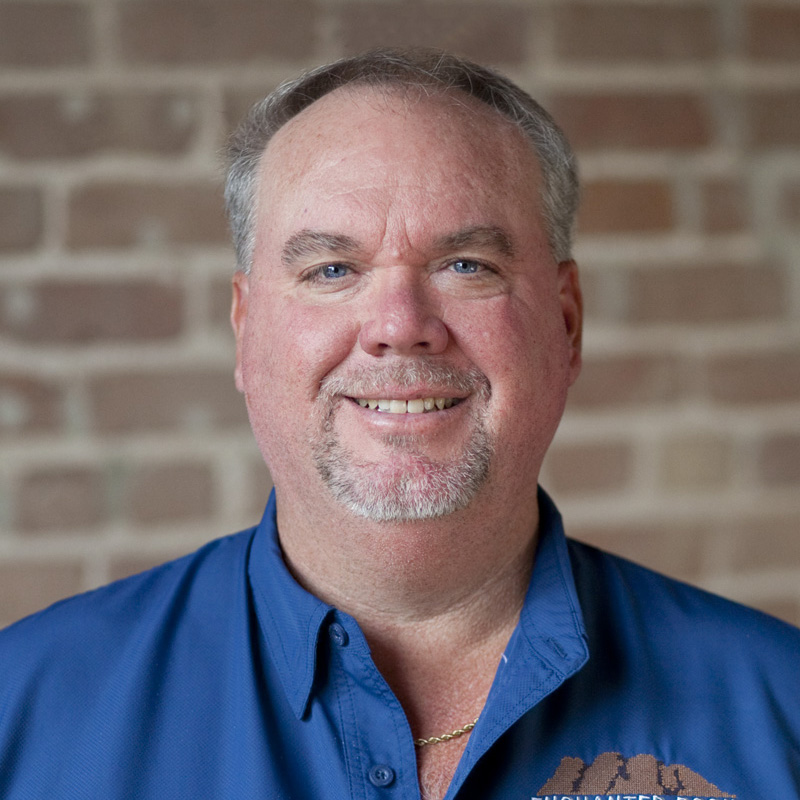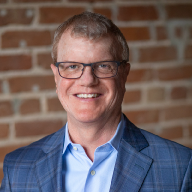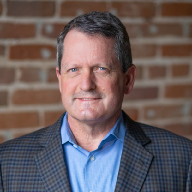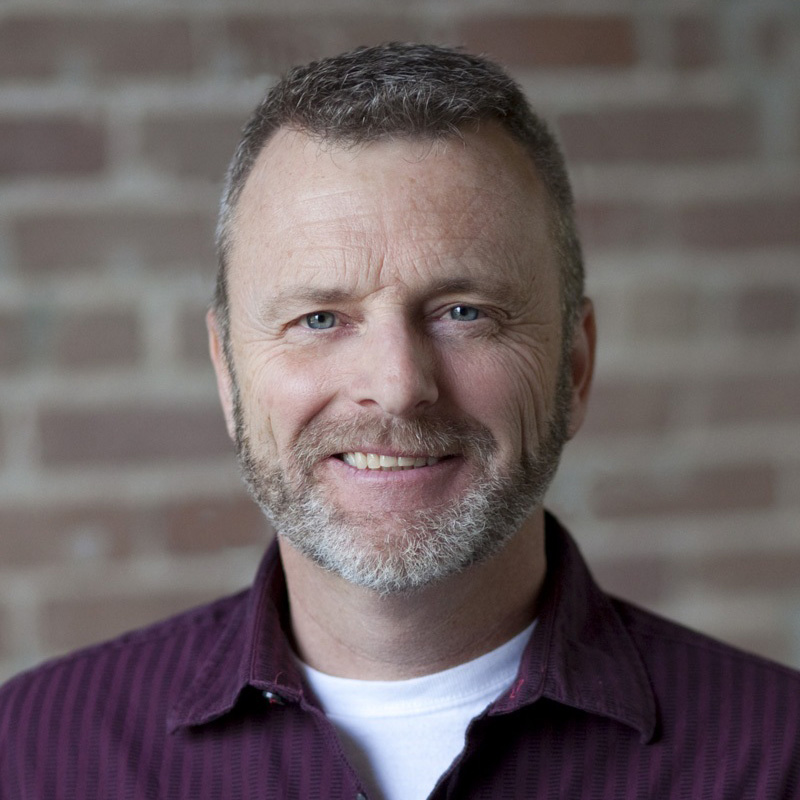Enchanted Rock Ltd., a Houston-based company with experience in distributed energy, is teaming up with an infrastructure equity investment fund to boost the construction of microgrids in Texas’ main power market.
Basalt Infrastructure Partners (BIP) and Enchanted Rock announced last week the creation of Texas Microgrid LLC. The new entity, which is being funded by BIP, will own new microgrid assets while Enchanted Rock operates them. The venture has signed customer contracts that total more than 50 megawatts.
“The BIP team has shown a dedication to the space and an ability to think creatively to develop long term infrastructure projects with attractive returns,” Thomas McAndrew, a founding partner and managing director at Enchanted Rock, said in a statement. “We are proud to have them as partners and look forward to building out Texas Microgrid together.”
BIP, which has offices in London, New York and Munich, said Texas Microgrid would be attractive to customers that value reliable electricity. It also cited the importance of Enchanted Rock’s experience with backup power and managing energy.
The venture focuses on locations in the region managed by the Electric Reliability Council of Texas (ERCOT), which handles about 90 percent of the state’s power load. Specific dollar figures and customer details for Texas Microgrid weren’t disclosed.
Jeff Neil, a partner with BIP, said in an interview that his group looks to invest in infrastructure assets and management teams building out such assets. BIP and Enchanted Rock made contact last year and went on to discuss distributed generation plans in Texas.
Neil said the power sector is core to BIP’s business plan. The goal of the new venture, he said, will be to have “a well-diversified portfolio in terms of industry, location and customer base.”
BIP is interested in growth as well as stable and predictable cash flows, so 50 MW shouldn’t be assumed to be a final goal for Texas Microgrid.
“The company is well-positioned for growth, and we’re excited about backing it and backing the management team to continue growing,” Neil said.
Enchanted Rock cited work on roughly 225 MW of projects over the years, though it doesn’t operate all of those. The company has been involved in microgrids and distributed generation.
With Texas Microgrid, McAndrew said in an interview, the focus will be on generation assets that use natural gas. While solar and battery storage get lots of attention, he said they don’t offer an affordable way to provide reliability as envisioned in this venture.
“I would have a difficult time building a business around solar and storage right now as a reliability asset,” he said, noting a desire to make facilities available for four hours or four weeks if needed.
Some solar or storage could be added over time, and Enchanted Rock said existing renewables could be incorporated into microgrids. Some projects could be under construction this year. McAndrew said most microgrids would fall in the range of 1 to 20 MW, although they could be larger.
The model anticipates financial backers see benefits when a microgrid is turned on to send power to the grid when prices are attractive. Revenue also can be collected from ancillary service markets that help support the reliable flow of power.
Texas Microgrid will own the microgrid projects, but Enchanted Rock said each customer will make a payment for the service. Customer contracts typically can run 15 to 20 years.
“The investors are getting their return by participating in the electricity market, not by needing a very high payment from the customer,” McAndrew said, noting that a microgrid might only run 5 to 15 percent of the hours available in a given year for economic participation in a market.
The customer, such as a grocery store, would keep a relationship with a retail electric provider, but a backup would be around in case power goes out. If affected by a power outage, the customer would buy electricity generated by the microgrid.
Some generators have sought changes in the ERCOT market amid worries that generation isn’t valued enough during times of scarcity. McAndrew said his company is fine with conditions in the market, though it’s always possible to look for improvements.
Rob Cauthen, chief operating officer at Enchanted Rock, said his company may go into other North American power markets and globally with its business, though not necessarily through Texas Microgrid. He said current or possible customers include food processors, water and waste treatment facilities, midstream oil and gas operations, hospitals, universities, utilities, municipalities and cooperatives.
Microgrids could help in areas of ERCOT’s region that lack sufficient generation or transmission investment, said Ed Hirs, an energy economist with the University of Houston. Of course, he said, it’s possible that too many microgrids could get built and affect returns.
“They appear to make sense,” Hirs said. “We’re going to find out if they do.”
Twitter: @edward_klump Email: eklump@eenews.net





